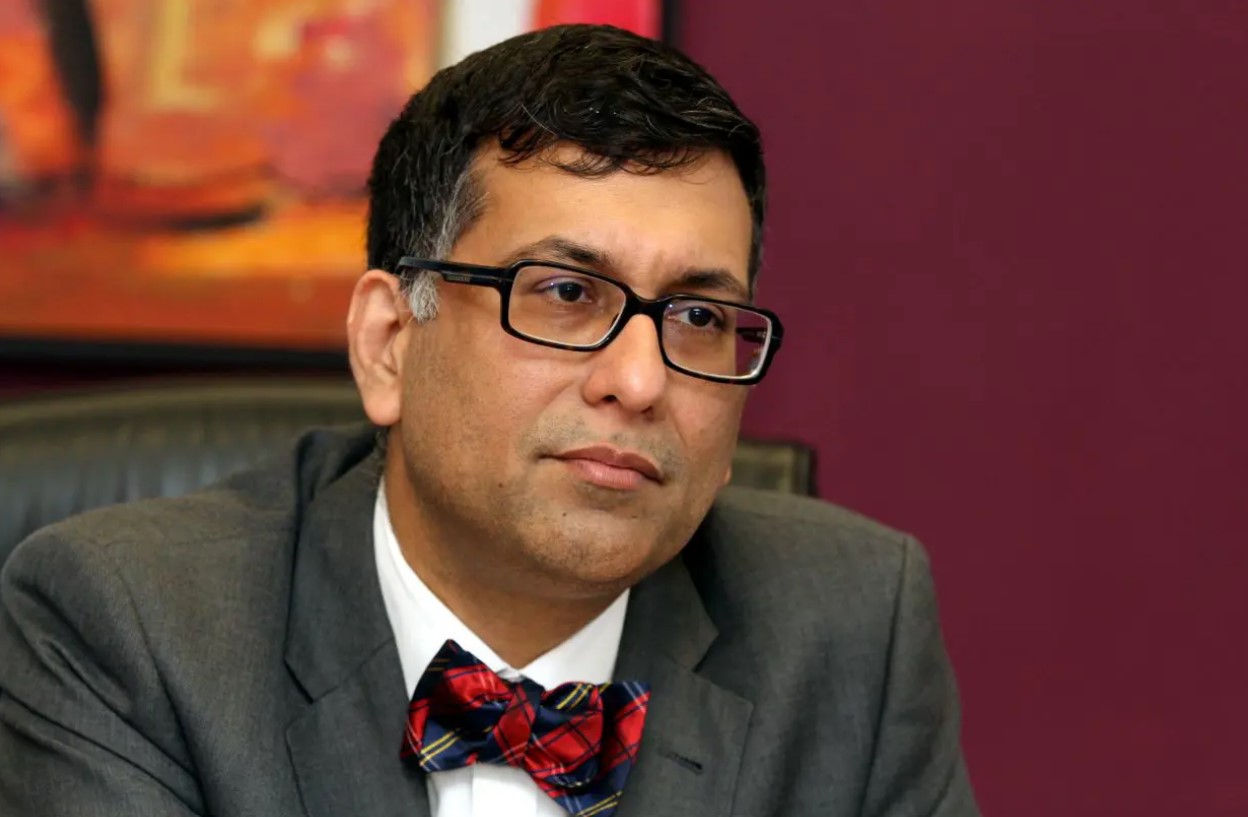PROTECTING the rights and treatment for under privileged patients must come first when the Health Ministry expands its “private wing” or Full Fee-Paying (FFP) services in government hospitals, said a healthcare group.
Association of Private Hospitals Malaysia (APHM) president Datuk Dr Kuljit Singh lauded the idea but warned of dangers that exist, saying that the relevant authorities must ensure that the service standards for non-private patients, alongside surgical schedules and outpatient waiting times, remain unaffected.
“Neglecting to do so could result in substantial political obstacles and inherent inequities,” he stated.
“Although the private wings may generate revenue and attract specialists, they will also benefit from government-negotiated discounts on medications and equipment, rendering their services more affordable than those of private hospitals.”
On Sept 17, Health Minister Datuk Seri Dr Dzulkefly Ahmad said the government is mulling expanding ‘private wings’ in government-run hospitals to generate revenue for the country’s underfunded public healthcare system.
Speaking at the World Cancer Congress (WCC) 2024 in Geneva, Switzerland, he said that establishing FPP services within public hospitals would boost revenue by offering private services through existing infrastructure.
According to Dr Kuljit, it is the responsibility of taxpayer-funded government hospitals to provide services to the entire population with a particular emphasis on the underprivileged.
“Currently, the demand for the resources of these public hospitals is overwhelming,” he added.
However, he further pointed out that this should not be employed as a price comparison mechanism with privately-owned institutions as the financial dynamics and procurement models are not supported by taxpayers in privately-owned healthcare facilities.
“The initiative, known as Rakan MOH, will utilise a special-purpose vehicle (SPV) to establish these private branches, with a primary focus on the M40 income group,” he said.
“A significant number of individuals in the M40 group are experiencing difficulty in managing the increasing costs of insurance premiums.
“These costs have been partially attributed to the general increase in healthcare expenses, which has resulted in an increase in private hospital bills.”
Dr Kuljit opined that the M40 would be able to “co-pay” for treatment in a public hospital that operates under a private-sector paradigm under the proposed plan.
This method is designed to alleviate some of the burden on public financing while also potentially reducing the issue of brain drain and increasing the earnings of public specialists, he pointed out.
Dr Kuljit further expressed support for the approach to enable specialists to increase their income by treating FFP patients but stressed that it is crucial that these activities in government hospitals take place in designated private wings or distinct facilities.
“It is necessary to implement rigorous monitoring to guarantee that the time specialists spend in private wings does not have a negative impact on their dedication to public healthcare,” he disclosed.
Dr Kuljit went on to explain that patients who seek comprehensive treatment with precise medical procedures and advanced facilities will continue to be accommodated by private hospitals.
He said private hospitals anticipate minimal competitive concerns and instead strive to cultivate additional collaboration with these private wings to lend a hand when required. – Sept 20, 2024
Main image: The Star









